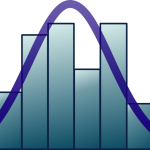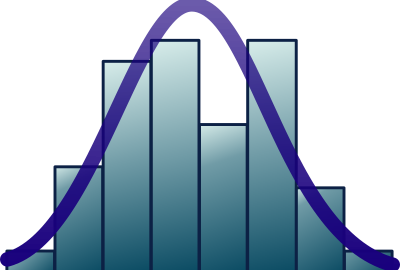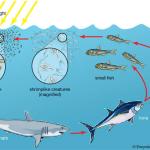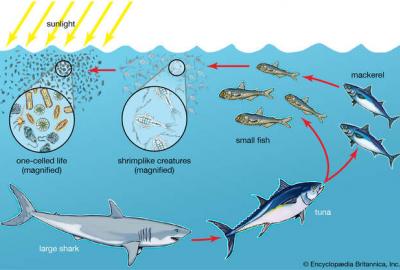Major challenges in polar oceans: from biogeochemistry to ecosystems
The main goal of the course is to introduce students to the theory and characterisation of the processes that regulate, control and affect marine communities. This course will emphasis on both theoretical and practical approaches. Understanding communities’ dynamics is a fundamental step in understanding Future Seas biodiversity changes.
Course Contents
- This course will show the importance of the polar oceans at the global scale. It will describe the main characteristics features of the Arctic and Southern Oceans with highlights on both their common and different mode of functioning.
- Their importance for the carbon cycle at geological and human time scales will be particularly studied and how polar oceans are highly impacted by acidification.
- Their responses to global warming will also be explained with the potential impacts on ecosystems and macro and micro nutrient cycles.
- The role of sea ice on circulation, biogeochemistry and ecosystems will be discussed.
- The assessment of marine biodiversity (mainly pelagic and top predators) and the consequences of Global change on polar biodiversity will be studied.
- This will include potential changes on species diversity from invertebrates to top predators, species habitats, trophic webs and species phenology and how it is considered for establishing Marine Protected Areas. - Currently only open to students enrolled in the Conservation track.
Final Competencies
1 Explain the polar oceans specific functioning and their association to global challenges such as climate, biodiversity, marine resources, thermohaline circulation and carbon cycle.
2 Evaluate the different methods to study the past changes of polar oceans and their role in the carbon cycle.
3 Propose and implement marine strain cultures experiments in the lab to study phytoplankton response to global changes.
4 Identify the main phytoplankton groups encountered in the different Southern Ocean provinces.
5 Evaluate Marine Protected Areas proposals in the Southern Ocean.
Additional information regarding teaching methods
- This course will use a variety of teaching methods with preference for active pedagogy. More particularly the Problem-Based Learning (PBL) which “is a student-centered pedagogy, in which students learn about a subject through the experience of solving an open-ended problem (Wikipedia)” based on real case-studies.
- Several practical labs with hand-on will be associated to PBL using advanced analytical techniques (e.g. Scanning Electron Microscope, isotopic labelling and mass spectrometers, cultures of phytoplankton strains).
- Some traditional courses will also be given to provide basic knowledge of polar oceans.
Further course information can be found here: https://studiekiezer.ugent.be/studiefiche/en/C004299/2021






